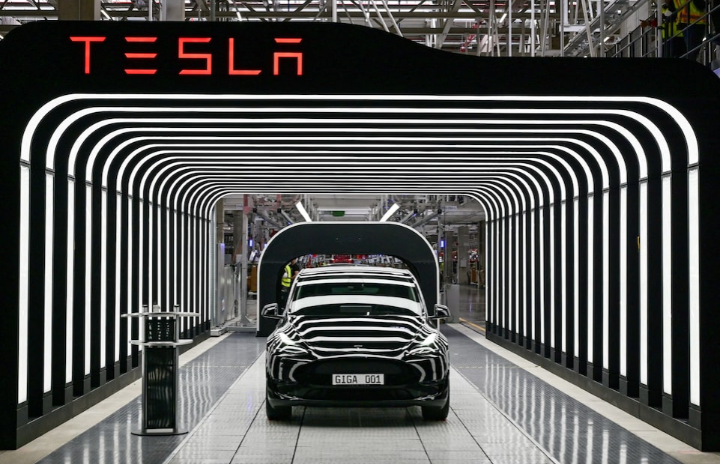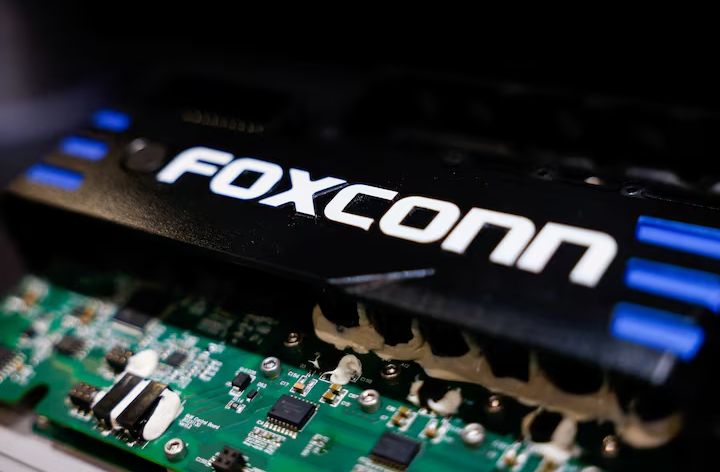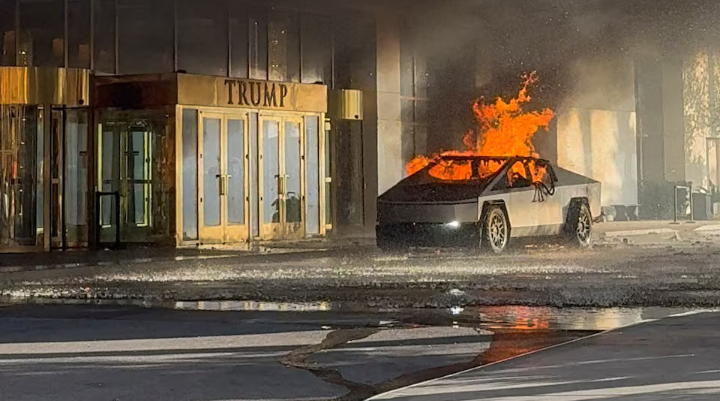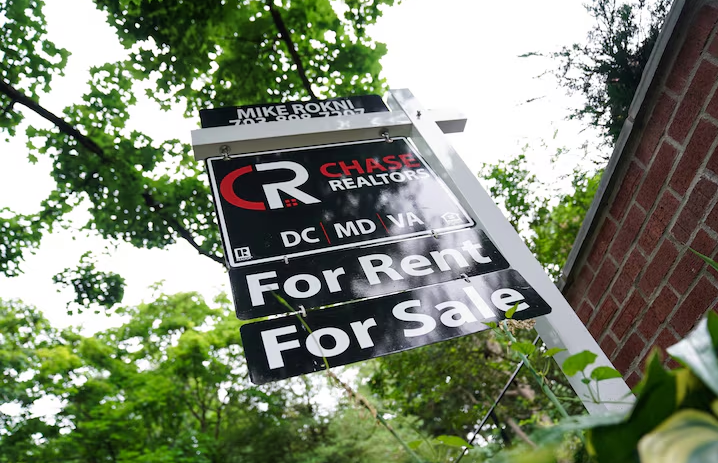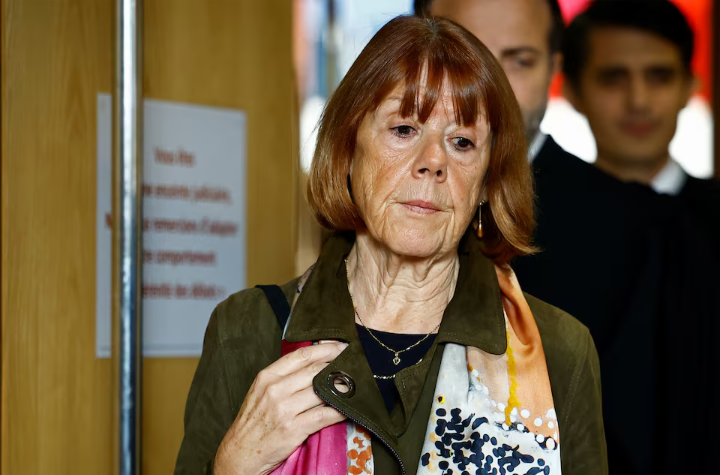With Tesla’s sales momentum waning, CEO Elon Musk has shifted focus toward self-driving robotaxis, a vision hindered by major technical and regulatory challenges. Now, Musk may wield more influence as one of President-elect Donald Trump’s allies, potentially shaping autonomous vehicle regulations in Tesla’s favor. Trump has tapped Musk to lead a new government efficiency panel, which could help streamline approval processes for autonomous vehicles. This could benefit Tesla by enabling federal-level regulations that override stringent state requirements, such as California's, where Tesla’s autonomous testing is minimal compared to leaders like Waymo.
Even with more favorable regulations, Tesla faces substantial technological and legal obstacles. Currently, the company’s "Full Self-Driving" system requires driver supervision, and Tesla has limited testing mileage relative to its competitors. Unlike other companies that invest heavily in redundant technologies, Tesla relies solely on camera-based vision and AI, creating further scrutiny over the system’s safety and reliability. Insuring fully autonomous Teslas is another barrier, as no policies exist yet for such vehicles.
If Musk can successfully advocate for national autonomous driving standards, it could benefit Tesla’s unique model of selling autonomous-capable cars worldwide, in contrast to rivals’ city-specific robotaxi services. Yet, Tesla’s current system has been criticized as far from robotaxi-ready, and legal experts warn that Tesla could face increased liability if federal regulations are relaxed without safety guarantees.

